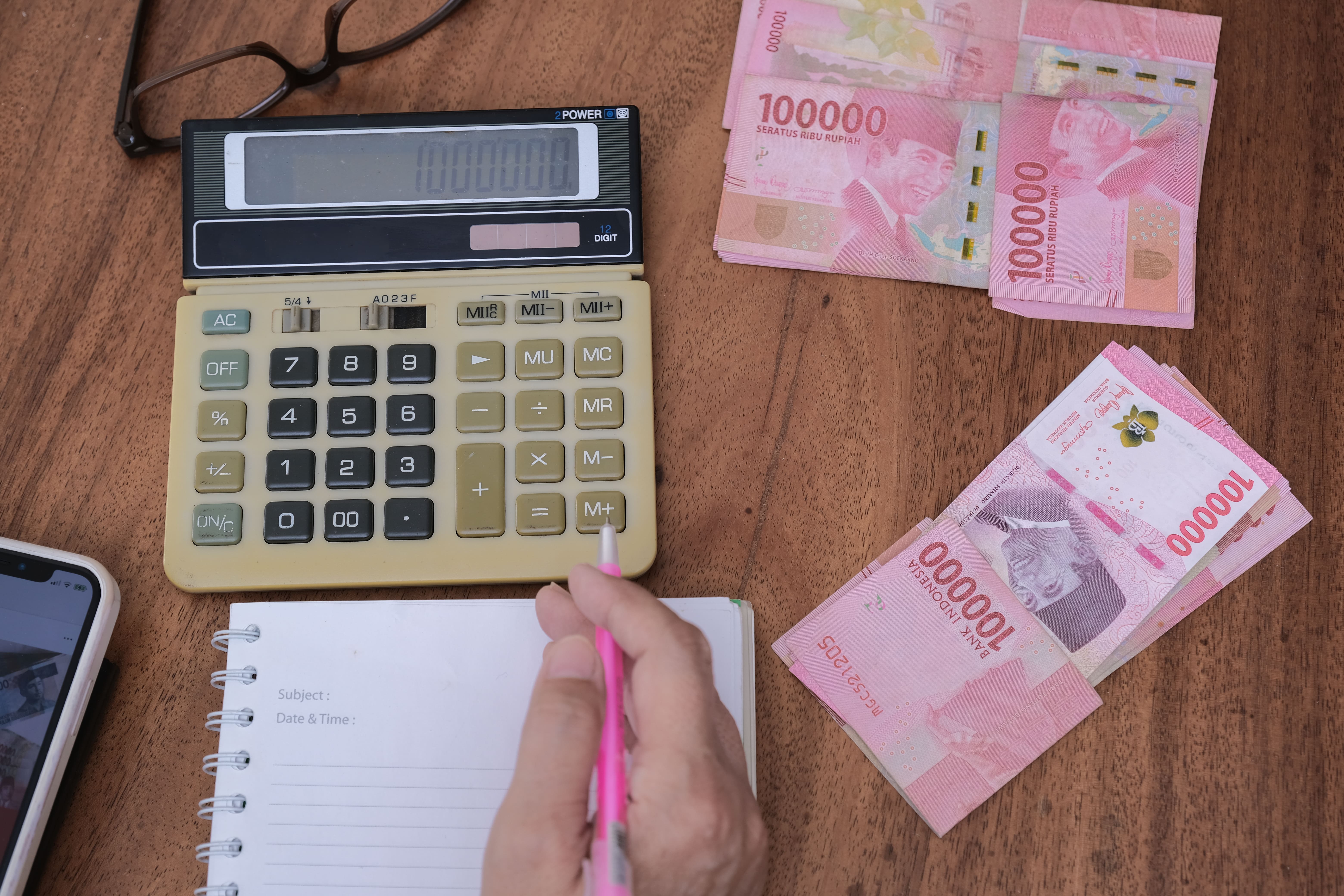Why You Can't Avoid Filing Your Annual Personal Tax Report in Indonesia

Filing an annual tax return is a task that many foreigners and local residents in Indonesia find challenging. However, it’s a necessary aspect of living and conducting business in the country. For those eligible, fulfilling tax obligations is unavoidable, and late filing can lead to fines or even criminal charges. Therefore, it’s essential to understand who is required to file a tax return and the potential consequences of non-compliance.
Who Is Required to File an Annual Personal Tax Report in Indonesia?
In Indonesia, two types of taxpayers are required to pay income tax:
1. Resident Taxpayers
Resident taxpayers are individuals who live in Indonesia and are taxed on their global income. Under the Job Creation Law No. 11 of 2020, resident taxpayers include:
Indonesian citizens (WNI).
Foreign nationals (WNA) residing in Indonesia.
Foreigners who stay in Indonesia for more than 183 days within a 12-month period.
Individuals who intend to live in Indonesia during the tax year.
Resident taxpayers must pay Personal Income Tax (PIT) if their annual income exceeds the non-taxable income threshold (PTKP).
2. Non-Resident Taxpayers
Non-resident taxpayers are individuals who do not qualify as residents. This category includes:
Foreigners who stay in Indonesia for less than 183 days within a 12-month period.
Indonesian citizens living abroad for more than 183 days within a 12-month period, as long as certain conditions are met.
Taxable Personal Income
Taxable income encompasses all forms of economic benefits received by an individual, both in Indonesia and abroad, that can be used for consumption or wealth accumulation. The key categories of taxable income include:
Income from Employment: Salaries, wages, bonuses, fees, commissions, pensions, and other compensation, unless specifically exempted by law.
Income from Business Activities: Profits earned from business operations or freelance work.
Income from Investments: Earnings such as interest, dividends, royalties, rental income, and other revenue generated from asset use.
Income from the Transfer or Sale of Assets: Profits from selling real estate, shares, or other assets.
Other Income: Examples include prizes, debt forgiveness, foreign exchange gains, and increases in net wealth from non-taxable income sources.
Tax Exemptions
Under Article 4(3) of Law No. 36 of 2008, the following types of income are exempt from taxation:
Donations, including zakat, made to authorized organizations.
Inheritance.
Compensation provided in the form of goods or privileges from specific organizations.
Scholarships that meet certain criteria.
Why File a Tax Report?
1. Fulfilling Your Tax Obligation
In Indonesia, all citizens and residents who earn an income are required to file an annual tax report (Surat Pemberitahuan Tahunan, SPT). This obligation applies to both self-employed individuals and employees. The government enforces this requirement to promote transparency and accountability in the taxation process.
2. Compliance with Tax Laws
Filing your annual tax return ensures that your taxes are calculated accurately. Missing important details or overlooking eligible tax deductions can result in penalties or additional payments.
3. Promoting Transparency and Preventing Tax Evasion
Submitting a tax report helps authorities verify the accuracy of your income and expense records, minimizing the risk of tax evasion. Failure to comply with this requirement may lead to fines or, in severe cases, criminal charges.
4. Access to Tax Benefits
Indonesian tax laws provide opportunities to lower your tax burden through various deductions and benefits. To take full advantage of these, it’s important to file your tax return on time and ensure your income and expenses are accurately reported.
5. Employee Responsibilities
Although employers are required to withhold taxes from employees' salaries, each employee must file their own tax return. This ensures that taxes are neither overpaid nor underpaid.
6. Global Tax Obligations
As a participant in international tax information exchange agreements, Indonesia emphasizes the importance of honesty and transparency in tax reporting. Compliance is essential to meet these global standards.
When Must You File Your Tax Report?
· Annual Income Reporting:
Individuals must file their income reports for the previous year by March 31 of the following year.
· Monthly Employee Income Tax Calculations:
These must be submitted by the 10th of the following month.
Forms for Filing Tax Reports:
Employees: Use Form 1770SS or 1770S, depending on the type of income.
Entrepreneurs: File their declarations using Form 1770.
Failure to submit your tax return by the deadline may result in penalties or other sanctions. In some cases, significant delays can lead to criminal charges. Steer clear of the risk—submit your tax report on time!
Don’t Delay—File Your Tax Report on Time!
If you're in Indonesia, especially with multiple income sources or a business, filing your annual tax report is essential.
Short on time or unsure about the process? Let Legal Indonesia take the worry out of tax filing. Our expert team ensures your tax report is filed accurately and on time—saving you time and giving you peace of mind!















